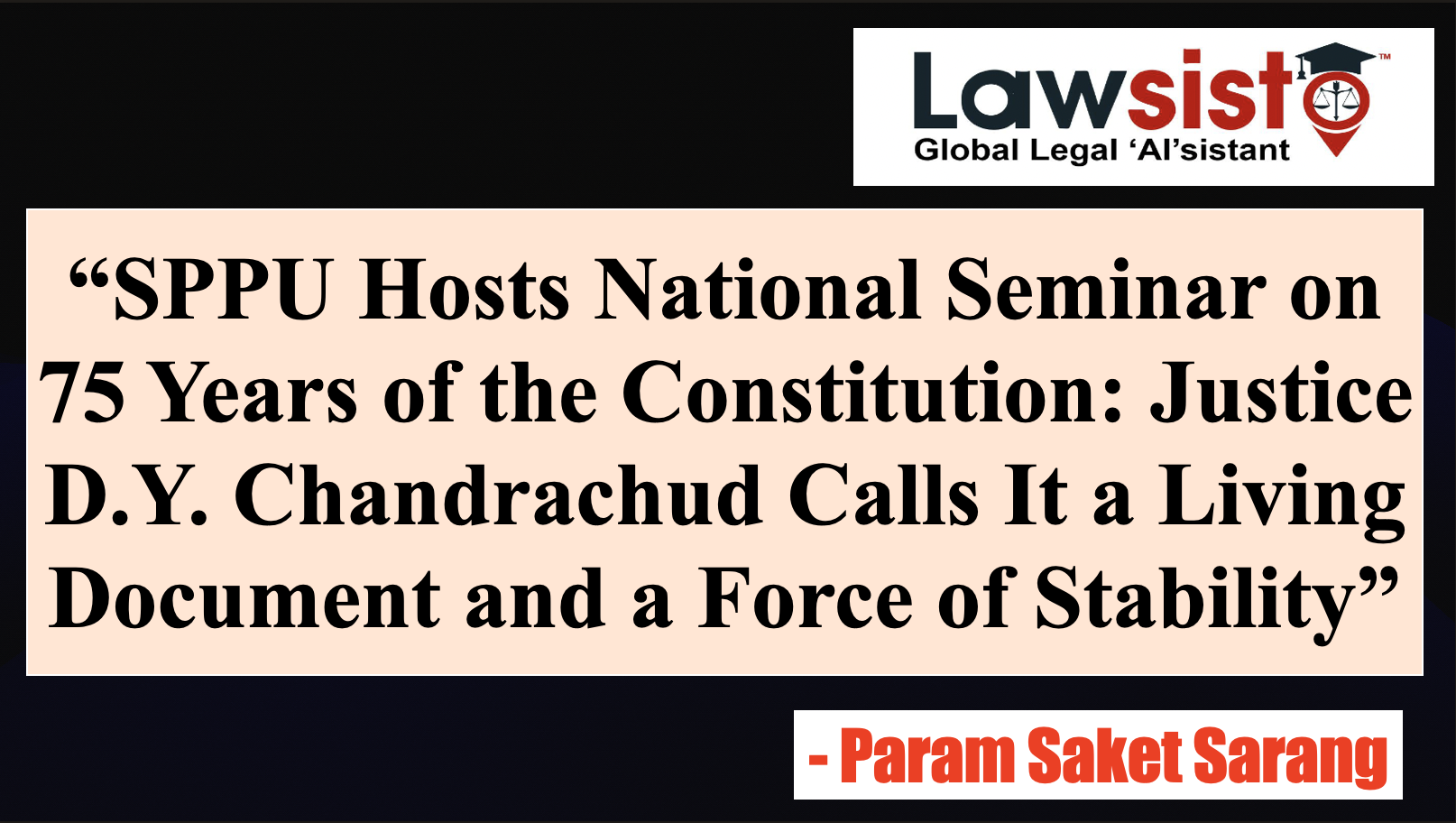Latest Articles
The Right to information Act- Still a right or not? An analysis of the RTI Amendment Act, 2019

The Right to Information Act, 2005 unleashed enormous expectations and aspirations among the citizens, for whom transparency and accountability are greater values in a democracy than holding periodical elections to elected bodies. The act provides for the establishment of information commissions at both the center and state levels and lays down a framework within which the citizens can obtain information regarding various government activities. While there is no doubt the act has empowered all Indians to seek and ensure better governance, governments, both at the center and in the states have tended to look at the potential of the act with a sense of insecurity and ambivalence. They are less inclined to abandon their power to decide what, and how much the citizens can know. This struggle for power and control has caused the government to take steps that have had major impacts on the functioning of both, central and state information commissions.
The recent amendments made in the act, by the means of the Right to Information (Amendments) Act, 2019, pose a strong question towards the autonomy and independence granted to the commission by the virtue of the initial act passed by the parliament. The amendment grants the government the power of deciding the tenure, salaries and other financial incentives given to the members of the information commission and gives it unwanted supremacy over the commission. Before the amendment, on the recommendation of the Law Commission of India, the salaries and other financial incentives given to the chief information commissioner were similar to those given to the chief electoral commissioner of India. To understand why such a provision was made, it is essential to know the importance and the role of the information commissions in our country.
The culture of official secrecy has been one of the strongest living aspects of our colonial legacy. Representing that culture, the Official Secrets Act restricted the dissemination of most information held by the public body. The Act was introduced during the British rule to suppress the voice of various newspapers who were opposing government policies and building political consciousness among the public. The act was amended, and it restricted the disclosure of any secret or confidential information and provided for the punishment of the receiver and the communicator of such information. It gave the government the power of deciding the scope and ambit of information that is to be considered confidential. The Right to Information Act is a breakthrough for this long-lasting culture and can be considered as a step towards a modern democracy, wherein the information is no more held captive in government lockers, rather, it is now open for the general public. It provides for the setup of a structured mechanism, at both the center and the state, which allows the general public to demand whatever information they deem necessary and when such information enters the public domain, transparency is ensured, and this reduces the scope of corruption.
However, the recent amendments pose a lot of hindrances in achieving the model of an ideal democracy. They act as barriers and prevent the information commissions in performing their statutory duties of providing complete and unbiased information. To allow the free flow of information, and ensure maximum transparency, it is essential that the individuals, deciding on what and how much information should enter into the public body, are unbiased. Control over the financial incentives given to the information commissioners gives the government unwanted control and hence hinders the process of dissemination of information. It acts as a strong barrier to good governance and means that the government can threaten or lure the information commissioners to suit its political exigencies. If a member of the commission fails to comply, the new amendment empowers the government to remove the individual from his or her position, as the tenure of the information commissioners is decided according to a government notification, as opposed to the original act, where the tenure was fixed to five years. This creates a threat to the job security of the officials and provides an upper hand to the government in deciding what information should enter the mainstream. The reasons for such an amendment could be linked to two uncomfortable pleas for the Modi government, filed by various RTI activists, in recent times. First one being, a series of pleas filed to seek clarity over PM Modi’s degree status, to which the then commissioner ordered an inspection of records of students who had passed BA course in 1978, from Delhi University. Secondly, applications filed for information on the status of the non-performing assets of the public sector banks. The commission directed RBI to disclose the relevant information over NPAs and the details of big loan defaulters. Stating the grounds of confidentiality, the RBI denied the disclosure of such information and later this case was escalated to the Supreme Court, which dismissed RBI’s claim and directed the disclosure of the required information.
















































































































































































































































































































































































































































